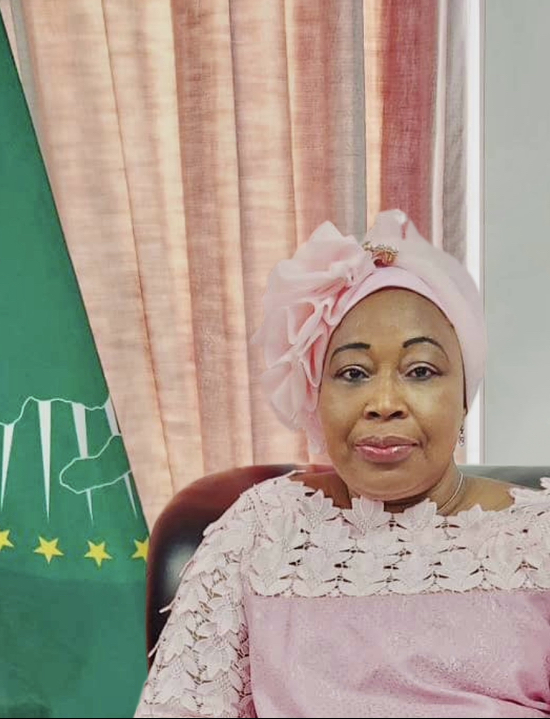Department Resources
AFRICAN UNION CONTINENTAL CONSULTATION ON SYNTHETIC DRUG SUPPLY REDUCTION EFFORTS TOWARDS ADDRESSING DRUG TRAFFICKING AND ADVANCING CRIME
The purpose of the African Union Accountability Framework on the elimination of harmful practices in Africa is to ensure that good perfor
Supply Chain Management Division Operations Support Services Directorate
Addis Ababa, Ethiopia
The African Union Commission (AUC) envisions “an integrated continent that is politically united based on the ideals of Pan Africanism an
Highlights of the cooperation with the GIZ-project “Support to the African Union on Migration and Displacement”
Violent extremism is a global issue.
Agenda 2063 is Africa’s development blueprint to achieve inclusive and sustainable socio-economic development over a 50-year period.
We, Heads of State and Government of Member States of the African Union, guided by the principles of Agenda 2063 and sustainable developm



